Why I chose to get a Masters of Library & Information Science
I never expected to return to school at the start of a pandemic and in an era of massive social upheaval. When the world looks radically different after two years, sometimes a re-evaluation of your personal goals and priorities have to take place. This prompted a shift in my academic direction - I knew in order to pursue a PhD project that felt urgent, immediate and that I am perhaps uniquely qualified to take on, I needed to first take on a different degree to develop the skills that would help me be successful in that future PhD. This re-evaluation led me to the decision to pursue a Masters in Library and Information Science (MLIS), and here’s why.
Working away on applications.
I wanted to be in a field that actively explores ethical and social justice issues.
Libraries and archives have always been critical in the fight for social change and this is something that will continue to hold true as various stakeholder groups find themselves taking legal action in the coming years. Having well-equipped and allied professionals with diverse background and experiences in library and archival positions will be essential to this work.
Although social justice isn’t a universal requirement amongst MLIS programs, knowing how to connect to information and understanding the colonial structures through which knowledge continues to be organized is essential (in my opinion) to any kind of activist or allied work. While many librarians and archivist are still white women, the profession has made active steps towards changing that.
There are many excellent programs that make diversity & inclusion, and courses about informational ethics and social justice a central aspect of their teaching philosophy. As a person who volunteers for several community organizations in a research and knowledge production capacity, I know that continuing to invest in these skills will only help make my contributions more effective.
I was missing a critical skillset for my future PhD work
In the middle of a bout of insomnia, a question popped into my head that I simply couldn’t ignore - I literally jumped out of bed and went straight to the search bar on my computer. A few hours later, I realized that I had a project that only I could do. Some melatonin and several hours of rest later, I started working through the mechanics of what I’d sketched out on post-it notes and haphazardly stuck to my wall. I realized that my project had a significant personal and embodied archive component to it, as well as a connection to important questions about using art to create or bolster an archive of disability, and how to speak to a different, non-clinical perspective of disability.
Because of the deep connection to archives and archival practices that my future research depended on, I knew that I needed to dive deeper into how archives are created, managed, accessioned, etc. to have a solid foundation for the project I wanted to undertake - leading me to my decision to pursue an MLIS.
I wanted versatility and flexibility in where I could apply post-PhD.
The academic job market is, as everyone constantly reminds aspiring scholars, incredibly tenuous. I don’t know if I’ll eventually land an academic job or not, but I want to keep my options open. One of the primary places that an art historian (my undergraduate degree) can find employment is at an archive or museum. Although many positions will accept a PhD in lieu of a professional credential, it’s important to me personally that I have the robust foundational skillset that comes from a PhD education.
Caring for and preserving archival materials is a privilege and responsibility that I take seriously. I’ve worked in libraries and archives in the past where poor choices by previous staff had produced irreparable damage over time. I want to make sure that any potential documents in my stewardship are properly maintained and that I have a clear understanding of how the choices I make could have long lasting impact on the work of scholars for generations to come.
Recording a curriculum revamp lesson for 1000+ members at my 9-5.
It supports and builds on skills in my current job.
I’ve been working since I was 14 years old, and almost every job I’ve ever had has centred around connecting people to information. While I’ve cobbled together a hearty but haphazard set of skills over the years, I welcome the opportunity to refine those in an academic setting while I apply them in the workplace.
In addition to going to school full time and working for Accepted Consulting, I am also the Chief Operating Officer at The Listings Lab, an e-learning company that provides programs to help real estate agents grow and scale their businesses. What can I say, I like a full calendar! I’ve helped shepherd that company from a team of 4 to a team of 15 in a short period of time. Any rapidly growing company faces operational and informational challenges, and that is true even for my team at The Listings Lab. My job is to eliminate those challenges so they don’t become a barrier to revenue growth and scalability. While my motivation for undertaking the degree was academic, it felt like a very symbiotic choice that would allow me to take what I will learn and apply it at work, and vice versa.
At Accepted Consulting, I’ll also be using these skills to hopefully give you cool tips to thrive in grad school! Being able to use the library resources you have access to effectively is a critical part of applying to and thriving in graduate education.
My work allows me an invaluable opportunity to practice skills in real time and use it to create positive organizational change.
At the end of the day, making aligned decisions for your educational path is important. No two people are the same and everyone comes to academia from different backgrounds, experiences, and pathways. Focus on your path forward and you’re sure to find success!



